
Anthropology is the scientific study of humanity, concerned with human behavior, human biology, cultures, societies, and linguistics, in both the present and past, including archaic humans. Social anthropology studies patterns of behavior, while cultural anthropology studies cultural meaning, including norms and values. The term sociocultural anthropology is commonly used today. Linguistic anthropology studies how language influences social life. Biological or physical anthropology studies the biological development of humans.
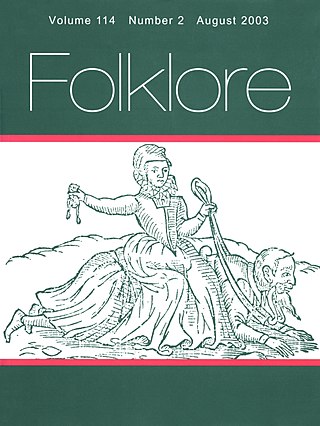
Folklore studies is the branch of anthropology devoted to the study of folklore. This term, along with its synonyms, gained currency in the 1950s to distinguish the academic study of traditional culture from the folklore artifacts themselves. It became established as a field across both Europe and North America, coordinating with Volkskunde (German), folkeminner (Norwegian), and folkminnen (Swedish), among others.

Oral literature, orature, or folk literature is a genre of literature that is spoken or sung as opposed to that which is written, though much oral literature has been transcribed. There is no standard definition, as anthropologists have used varying descriptions for oral literature or folk literature. A broad conceptualization refers to it as literature characterized by oral transmission and the absence of any fixed form. It includes the stories, legends, and history passed through generations in a spoken form.
Digital anthropology is the anthropological study of the relationship between humans and digital-era technology. The field is new, and thus has a variety of names with a variety of emphases. These include techno-anthropology, digital ethnography, cyberanthropology, and virtual anthropology.

Simon J. Bronner is an American folklorist, ethnologist, historian, sociologist, educator, college dean, and author.

The Missouri Folklore Society was organized December 15, 1906, "to encourage the collection, preservation and study of folklore in the widest sense, including customs, institutions, beliefs, signs, legends, language, literature, musical arts, and folk arts and crafts of all ethnic groups throughout the State of Missouri."

Project MUSE, a non-profit collaboration between libraries and publishers, is an online database of peer-reviewed academic journals and electronic books. Project MUSE contains digital humanities and social science content from some 400 university presses and scholarly societies around the world. It is an aggregator of digital versions of academic journals, all of which are free of digital rights management (DRM). It operates as a third-party acquisition service like EBSCO, JSTOR, OverDrive, and ProQuest.
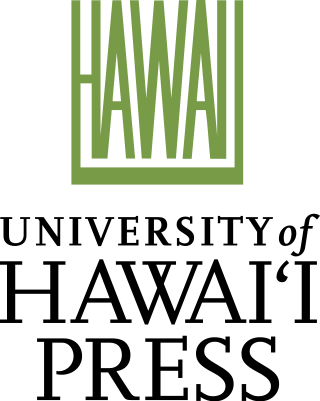
The University of Hawaiʻi Press is a university press that is part of the University of Hawaiʻi.
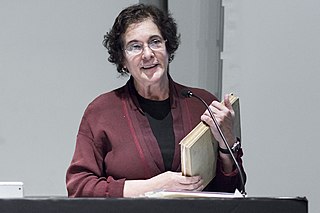
Lila Abu-Lughod is a Palestinian-American anthropologist. She is the Joseph L. Buttenweiser Professor of Social Science in the Department of Anthropology at Columbia University in New York City. She specializes in ethnographic research in the Arab world, and her seven books cover topics including sentiment and poetry, nationalism and media, gender politics and the politics of memory.

John Miles Foley was a scholar of comparative oral tradition, particularly medieval and Old English literature, Homer and Serbian epic. He was the founder of the academic journal Oral Tradition and the Center for Studies in Oral Tradition at the University of Missouri, where he was Curators' Professor of Classical Studies and English and W. H. Byler Endowed Chair in the Humanities.
Daniel Martin Varisco, is an American anthropologist and historian.

Somali studies is the scholarly term for research concerning Somalis and Greater Somalia. It consists of several disciplines such as anthropology, sociology, linguistics, historiography and archaeology. The field draws from old Somali chronicles, records and oral literature, in addition to written accounts and traditions about Somalis from explorers and geographers in the Horn of Africa and the Middle East. The Somali Studies International Association is the primary organization for Somalist scholars. Bildhaan, Somali Studies, Horn of Africa and the Anglo-Somali Society Journal likewise serve as the field's main periodicals. Since 1980, prominent Somalist scholars from around the world have also gathered annually to hold the International Congress of Somali Studies.
Human Biology is a peer reviewed scientific journal, currently published by Wayne State University Press. The journal was established in 1929 by Raymond Pearl and is the official publication of the American Association of Anthropological Genetics. The focus of the journal is human genetics, covering topics from human population genetics, evolutionary and genetic demography and quantitative genetics. It also covers ancient DNA studies, evolutionary biological anthropology, and research exploring biological diversity expressed in terms of adaptation. The journal also publishes interdisciplinary research linking biological and cultural diversity from evidence such sources as archaeology, ethnography and cultural anthropology studies, and more. As of February 14, 2020, the journal is on Volume 90, Issue 4. The journal's current editor is Ripan S. Malhi.
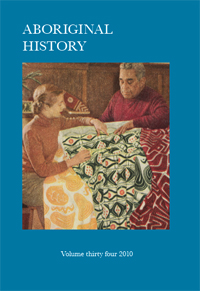
Aboriginal History is an annual peer-reviewed academic journal published as an open access journal by Aboriginal History Inc. It was established in 1977 and covers interdisciplinary historical studies in the field of the interactions between Australian Aboriginal and Torres Strait Islander peoples and non-Indigenous peoples. The Journal has been described as "... a flagship of the field of Australian Aboriginal history."
Left Coast Press was an independent, scholarly publishing house specializing in social sciences and humanities. Based in Walnut Creek, California, and distributed globally, the company published approximately 500 books between 2005 and 2016 before the company was purchased by Routledge, who rebranded them as Routledge books. The company also published 13 scholarly journals before its journals division was sold in 2012 to Maney Publishing, now part of Taylor & Francis.
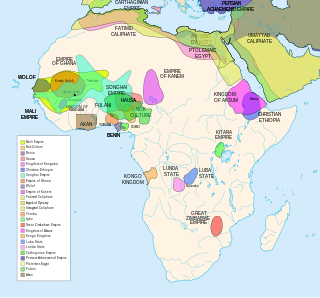
African historiography is a branch of historiography concerning the African continent, its peoples, nations and variety of written and non-written histories. It has differentiated itself from other continental areas of historiography due to its multidisciplinary nature, as Africa's unique and varied methods of recording history have resulted in a lack of an established set of historical works documenting events before European colonialism. As such, African historiography has lent itself to contemporary methods of historiographical study and the incorporation of anthropological and sociological analysis.
Maureen Warner-Lewis is a Trinidadian and Tobagonian academic whose career focused on the linguistic heritage and unique cultural traditions of the African diaspora of the Caribbean. Her area of focus has been to recover the links between African cultures and Caribbean cultures. She has been awarded multiple prizes for her works, including two Gordon K. and Sybil Lewis Awards, the Gold Musgrave Medal of the Institute of Jamaica, and she was inducted into the Literary Hall of Fame of Tobago.
Fan studies is an academic discipline that analyses fans, fandoms, fan cultures and fan activities, including fanworks. It is an interdisciplinary field located at the intersection of the humanities and social sciences, which emerged in the early 1990s as a separate discipline, and draws particularly on audience studies and cultural studies.











